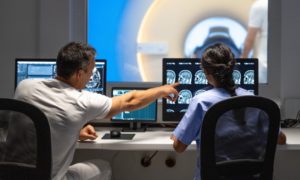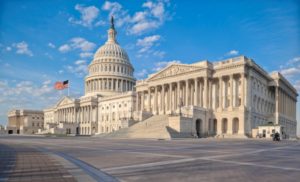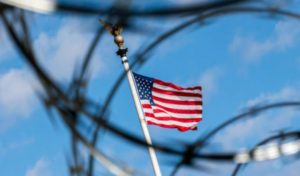Improving Participation, Impact, and Fairness in the Administrative State
ACUS issues new recommendations to enhance administrative governance.
Putting Brains on the Witness Stand
Neuroscientific evidence in the courtroom may test judges and standards of admissibility.
Too Many Eyes on the Road
Existing federal privacy laws may not cover data collected from autonomous vehicles.
When Securities Enforcement Hurts the Securities Market
Scholar argues that traditional enforcement against digital assets will only reduce information for investors.
A Fili-Busted Balance of Power
The filibuster has caused Congress to give up its constitutional power to oversee the administrative state.
Climate Progress in Glasgow Depends on Domestic Politics
Despite global summits and accords, the solution to climate change rests with individual countries.
Crisis Standards of Care May Discriminate Against Patients With Disabilities
COVID-19 has triggered discussions around the discriminatory impacts of crisis standards of care in medicine.
Taking Disability Discrimination Out of the Public Charge Rule
The Biden Administration should avoid discrimination against people with disabilities in the redraft of the public charge immigration rule.
Addressing the Medical Device Safety Crisis
Scholar calls on FDA to prioritize public health by reforming medical device regulation.
Special Treatment Stigma in Higher Education
Existing laws and regulations do little to address the stigma that university students with disabilities experience.
Justice for Parents with Disabilities and Their Children
The child welfare system disproportionately harms families headed by parents with disabilities.












